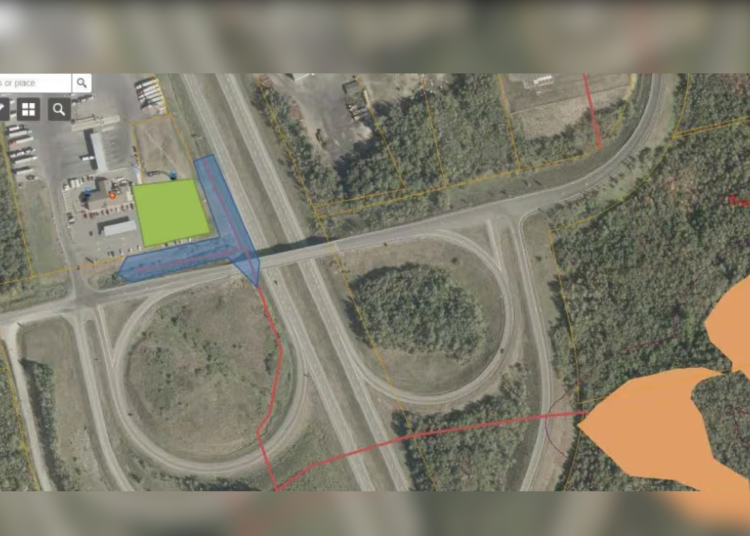Tens of thousands of litres of diesel leaked from the Irving gas station in Woodstock, but somehow, nobody noticed.
The fuel—up to 100,000 litres—leaked from a cracked pipe leading to an underground storage tank, seeping into the ground. To give an idea of the scale, it’s the equivalent of around 500 bathtubs full of diesel flowing into the ground.
It’s a massive environmental disaster as diesel does not easily evaporate or break down once it enters groundwater. It moves slowly but spreads steadily, accumulating over time.
Even a single litre can pollute up to one million litres of water.
Once it enters the water, diesel can remain for decades, threatening drinking water sources, ecosystems and public health. How far it spreads can depend on the geology and water movement in the area.
Despite the severity of this disaster, the public remains in the dark about critical details. Exactly how long was this leak undetected? What measures are being taken to monitor the damage and spread? What is being done to clean up the mess and protect people’s health?
Most importantly, what is being done to ensure this never happens again?
Discovered too late
Gas stations are required to have leak detection systems. There are sensors to detect moisture, alarms that sound when something goes wrong and regular checks to track how much fuel is coming in and going out.
So how does a gas station lose 100,000 litres of diesel without anyone noticing?
This leak was discovered in the worst possible way—when diesel contaminants showed up in the well water of a Tim Hortons restaurant across the parking lot.
That was after some customers said they had smelled fuel in the water when they washed their hands. Some claimed they thought they had tasted it in their drinks.
The restaurant and the gas station shut down. But the damage was already done.
The cleanup started, but neither the provincial government nor Irving publicly disclosed the scale of the leak. It took a freedom of information request by CBC to compel the government to release any details it knew about the sheer amount of spilled fuel.
Other critical details, like whether the diesel reached the nearby watershed or spilled into groundwater, remain unanswered.
Accountability needed
Under New Brunswick law, the polluter pays. That means Irving is legally responsible for cleaning up this mess, fixing the damage and covering the costs.
However, Irving has not responded to media questions about how the leak went undetected, and the Department of Environment has not explained how such a large spill slipped through the cracks.
That’s not good enough.
New Brunswickers deserve transparency. We need to know how this happened, how much damage has been done, how it will be cleaned up and what’s being done to prevent it from happening again.
Diesel contamination doesn’t just go away. And neither should our questions.
Until we get real answers, we need to demand better from Irving, the government and the systems meant to protect us.
Beverly Gingras is the executive director of the Conservation Council of New Brunswick.





![Is pollution from industry causing the neurological disease ALS in New Brunswick? [video]](https://nbmediacoop.org/wp-content/uploads/2025/10/Quintin-Soloviev-Belledune_Generating_Station_in_New_Brunswick_Canada-350x250.jpg)


![Insurance industry association tapped former senior government official to lobby province against pharmacare [video]](https://nbmediacoop.org/wp-content/uploads/2026/01/david-trinks-mLaIFEtUZFs-unsplash-120x86.jpg)

